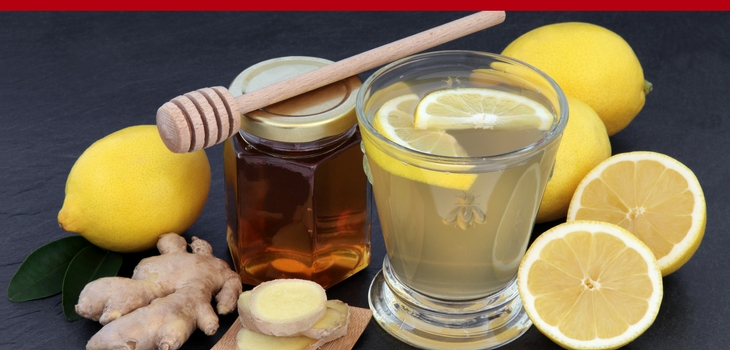
7 Natural Cold & Flu Remedies: Science-Based Natural Supplements That Will Kill Your Cold And Cure The Flu with Ted Ryce
Do you want to use natural cold & flu remedies but you’re not sure if they actually work? Read this article to learn 7 effective natural remedies that can relieve your symptoms in only 3 days.
You overheard on the news how the 2018 flu is a killer.
Literally.
The media has reported that 30 children are dead from this year’s flu. More casualties are expected.
No big deal until you start to get the sniffles or a little scratch in your throat. Then you consult Dr. Google to see if there’s a way to get rid of your cold or flu symptoms without having to go to the doctor.
Your first search brings up millions of blog posts about “miracle” supplements or herbs that supposedly cure sickness. They all sound convincing. But there’s also a part of you wondering how much of what you’re reading is a big pile of cow droppings.
Sounds familiar?
Well, that happened to a lot of clients and to me as well. And that’s why I decided to do a lot of research and experimentation to create an article that you’ll actually learn about some science-backed natural remedies that have proven track records both in the realm of research and in the real world.
I want this to be the last article you need to read to find out what works to fight the flu and what doesn’t according to science and experience. I personally tested these methods to make sure the research pans out in the real world. If you follow them, they can help you cut the duration of your cold by 3 days.
I Got The 2018 Flu
According to recent data from the Centers for Disease Control and Prevention, as many as 650,000 people die from respiratory complications related to influenza every year.
But this year is especially nasty. Even a healthy 21-year-old bodybuilder died just a few days after getting a flu diagnosis.
Sounds scary, right? It does to me—especially because I came down with it.
As I write this, I just recovered from the flu Although I’m feeling a lot better, I had a few moments where I was a bit concerned because of how bad I felt.
I never get headaches and I severe headache on the left side of my head. My left eye was bloodshot and tears were just streaming down my face. I also had the typical runny nose.
But I was able to beat it back. And I did it naturally. No doctor’s visits, medication or flu shots.
My clients were impressed with how fast I recovered. And I told them, there’s no magic. It’s just finding the right remedies and dosages.
And that’s what I’m about to share with you, so you can beat a could or flu fast.
[tweet_box design=”box_16_at” float=”none”]“Cold and flu season beating you down? Check out these 7 science-backed natural remedies that will your cold and cure the flu.”[/tweet_box]But before we get to the supplements, let’s make sure you have the basics handled.
Healthy Habits Are Your Best Defense Against The Flu
I’m going to share with you some effective supplements to beat your flu or cold. But even the best supplements aren’t nearly as effective as the basics:
- Eating a variety of minimally processed, nutrient-dense super foods
- Regular exercise
- 7-9 hours of quality sleep
- Stress management strategies
- Maintaining healthy body fat levels
- Washing your hands regularly (and no, you don’t need to use antibacterial soap).
Here’s what I tell everyone about supplements:
“There’s no supplement that can make up for lack of exercise, poor nutrition, and bad quality sleep.”
So make sure you get your basics handled.
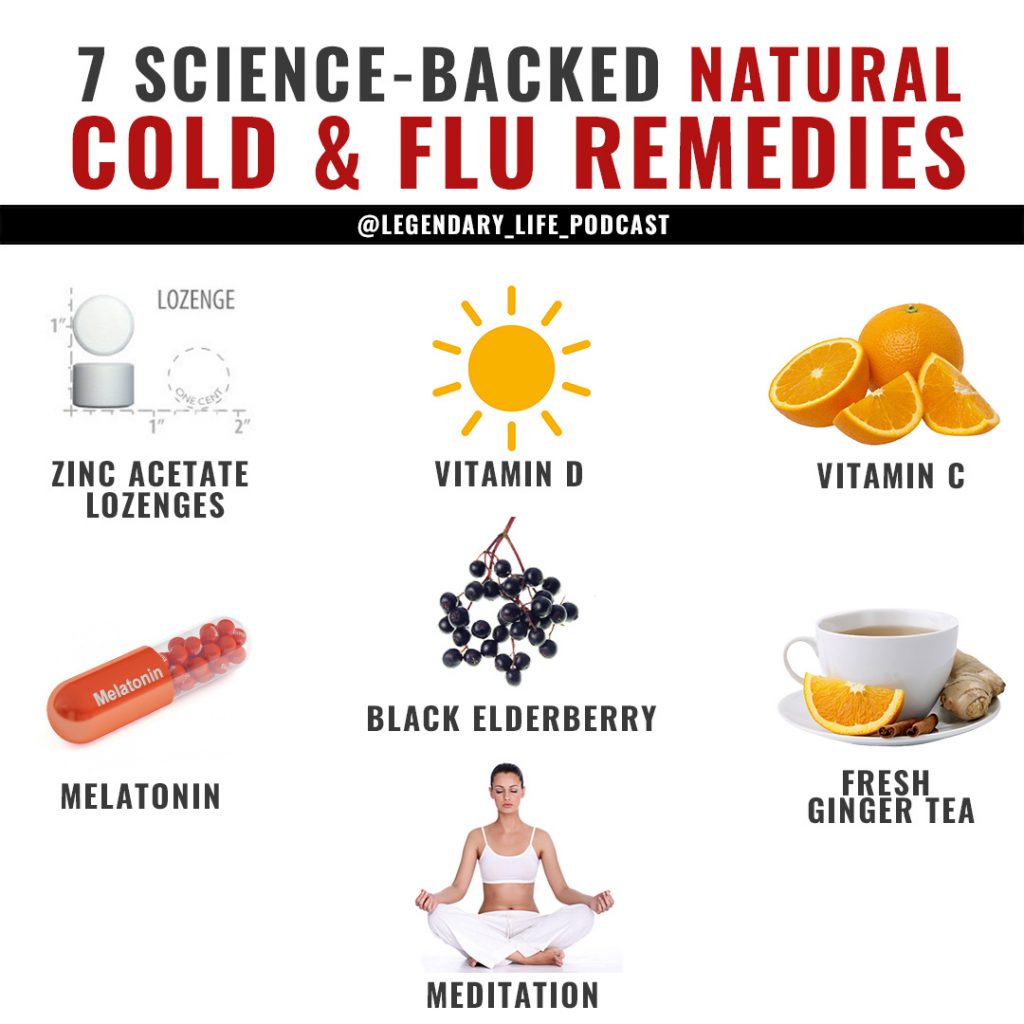
Now that we have that out of the way, let’s get into the science-backed supplements that will help you knock out flu, colds, congestion, fever, body aches, and coughing with these easy homemade natural remedies.
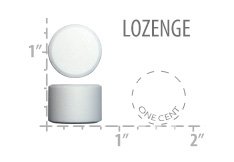
1. Zinc Acetate Lozenges
You’ve most likely heard that zinc is good for colds. What you may not know is that the type of zinc you take is crucial to its effectiveness to fight off the flu or a cold.
A scientist named George Eby discovered zinc’s effects on colds. It was his original research over the past several decades that proved the effectiveness of zinc as an immune system booster and a killer of colds.
Since then, more and more research has looked into the effects of zinc for fighting off sickness.
Reading this research inspired me to go out and get zinc lozenges as soon as I started feeling the flu symptoms kicking in. And I’ve got to say that I’m impressed. I usually bounce back fast when I get sick. But I only suffered for part of one day this time around. Although I also used a few other things, I’ve never tried the zinc acetate lozenges before and the effects were noticeable.
Get It Naturally
Zinc is an essential mineral that is found in some foods. Since zinc helps support your immune system, you should be getting enough zinc in your diet. If you’re deficient, you may get sick more often and it may take you longer to recover.
However, eating zinc-rich foods will only help if you’re not getting enough zinc already.
You can stop a cold dead in its tracks by taking a zinc supplement.
How To Supplement
Not all zinc supplements are equal in their immune system boosting properties.
Lozenges are better than oral zinc supplements because lozenges deliver the zinc in a form that allows for prolonged contact with the mucus membrane around the throat and sinuses.
For maximum effectiveness, you want that lozenge to takes 20-30 minutes to dissolve and you want a form of zinc that causes an astringent drying sensation in the mouth.
And not all forms of zinc lozenges are equal in their flu-fighting ability either.
For example, a comprehensive review of the research has found zinc acetate outperformed zinc gluconate for shortening the time it takes to recover from a cold.
Another review of several studies found that patients who took zinc acetate lozenges recovered from their cold 3-times faster compared to those who took the placebo. It was also discovered that 70% of the patients taking zinc acetate lozenges were fully recovered by the 5th day. In contrast, only 27% of the placebo-taking patients were recovered by the 5th day.
How Much Should I Take?
- Taking zinc acetate lozenges as soon as you feel cold or flu symptoms starting.
- Take up to 8 lozenges (or 100mg) a day at 2 hour intervals
- Consider supplementing with 2mg of copper taking a lot of zinc will cause a copper imbalance.
- Stop taking the zinc lozenges and copper supplement as soon as you recover.
My Pick
There’s one clear winner here and that is:
Life Extension’s Enhanced Zinc Acetate Lozenges. This is the same zinc that Dr. Eby made and sold previously. And it’s the one I used to stop my flu dead in its tracks. I would not waste your time or money with any other zinc lozenge. At $9 a bottle, it’s a real bargain.
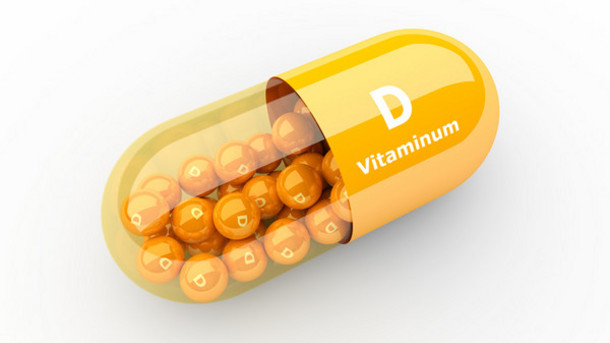
2. Vitamin D
Vitamin D is a fat-soluble nutrient that is critical for survival and optimal health. It is naturally produced through direct exposure to the sun and is found in very few foods.
Optimal levels of vitamin D:
- Promote calcium absorption in the gut
- Reduce inflammation
- Improve sleep quality
- Boosts immune function
Recent research has linked low vitamin D levels and a higher risk of viral infections. If you’re deficient in vitamin D, you may have a less robust immune system to fight off colds and the flu.
A 2010 study published in the American Journal of Clinical Nutrition investigated the effects of vitamin D supplements on schoolchildren during flu season.
Only ten percent of the children taking vitamin D supplements developed the flu, while almost twenty percent of the kids in the placebo group got sick.
This suggests that taking vitamin D can cut your risk of developing the flu in half—especially for children. If you have kids, make sure they have appropriate levels of vitamin D.
What about adults? Of course, young children are at a higher risk of developing the flu than adults. But vitamin D levels are important to so many other aspects of health that it makes sense to have optimal levels.
Get It Naturally
When you expose your skin to direct sunlight (specifically UV-B), your skin naturally starts producing vitamin D.
However, seasons, the length of day, cloud cover, smog, sunscreen, and darkness of your skin (melanin) all affect the amount of UV exposure and rate of vitamin D that your body produces.
If you live in a location with a lot of smog or cloudiness, or if you do not get outside often, it’s safe to say that you probably don’t have optimal levels of vitamin D.
There aren’t many foods that have enough vitamin D to bring up your levels if they’re low. Cod liver oil, swordfish, and salmon contain the highest amounts.
Check out the vitamin D content of some common foods:
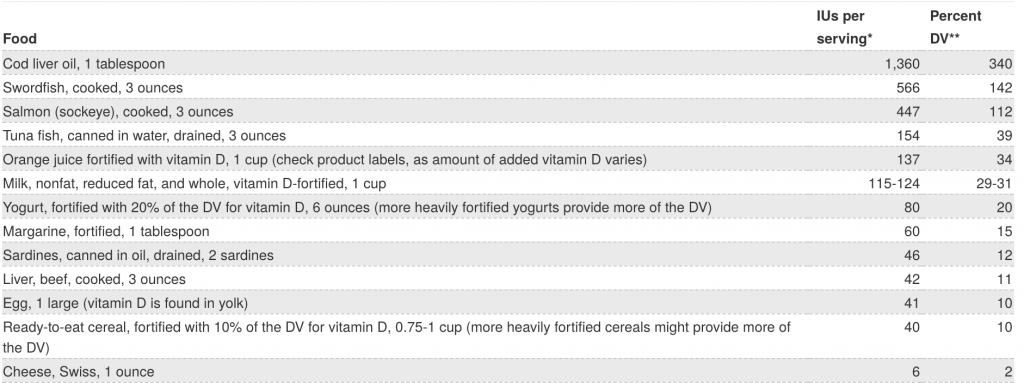
Source: USDA
But my recommendation is that if you’re not getting enough direct sunlight—because of your location, lifestyle or concerns about skin cancer—then it’s best to supplement
How To Supplement
The first thing to do is to get your vitamin D levels checked. You can do this with a simple blood test at your doctor’s office. You can also order an online Vitamin D test from Discounted Labs or Life Extension.
That way, you have a baseline to measure the effectiveness of your supplement and dose. Serum concentration of 25(OH)D is the best measurement of your vitamin D status. It reflects vitamin D produced by your skin as well as obtained from food and supplements.
Make sure you pay attention to the units as different labs measure vitamin D levels with different units. The two most common units are nmol/L and ng/mL. This can easily throw you off if you’re not paying attention.
How Much Should I Take?
That depends on what your levels are. Check out the vitamin D ranges below:
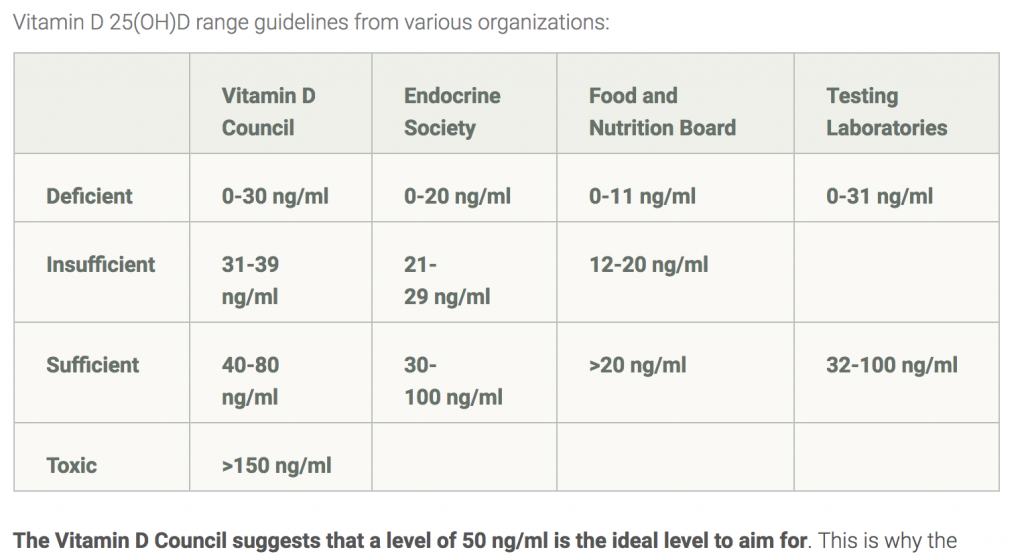
Source: Vitamin D Council
A daily vitamin D intake of 1000–4000 IU (25–100 micrograms) should be enough to ensure optimal blood levels for most people.
But again, you’ll have to get your levels tested to know what effects your supplement is having on your vitamin D status.
My Pick
Here are two options:
- Natural Stacks Vitamin D3. They use cholecalciferol (the most bioavailable form of Vitamin D) suspended in organic coconut oil for maximum absorption. You can order it from Amazon, but I recommend you buy it directly from the Natural Stacks website and use the promo code “FIRST20“ for a discount.
- Thorne Liquid Vitamin D. Thorne is a reputable company whose products I’ve been using for years. It’s a bit more expensive at $26 but each bottle has 600 servings of 1000mg each.
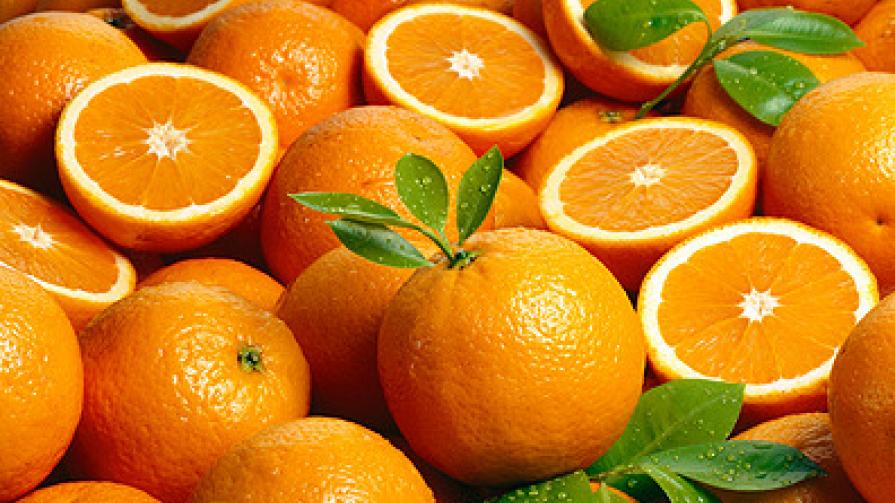
3. Vitamin C
Vitamin C, also known as L-ascorbic acid, is an essential vitamin known for its antioxidant properties.
Vitamin C supplementation gained popularity in the 1970s when controversial scientist Linus Pauling suggested that vitamin C could successfully treat and prevent the common cold.
Despite its popularity, controlled studies on vitamin C supplementation have been inconsistent. This has resulted in a lot of controversy and a confused public.
So here’s what the science says…
A 2015 comprehensive analysis of twenty-nine studies attempted to answer the question of whether vitamin C supplementation actually works for preventing or treating colds. Here’s what it found:
- Vitamin C supplementation doesn’t prevent colds or reduce recovery time from a cold for the general population.
- Athletes (or individuals who train hard) can cut their risk by 52%.
- Adults who regularly supplement with vitamin C reduced the duration of their colds by 8%. Children reduced their time spent sick by 14%
- If you start taking vitamin C when you already have a cold, it’s too late and you probably won’t experience any benefit.
I have mixed feelings about people who praise vitamin C being a panacea for colds and the flu—especially if you’re not training hard or playing a sport.
That said, next time I’m going full throttle in my training, I’ll be sure to supplement with vitamin C to cut my risk of getting sick in half!
Get It Naturally
Fruits and vegetables are the best sources of vitamin C and should be how you get most of your vitamin C. Good food-based sources of vitamin C include red and green peppers, kiwifruit, broccoli, strawberries, Brussels sprouts, and cantaloupe.
Check out the chart below for common foods that contain the highest amount of vitamin C:
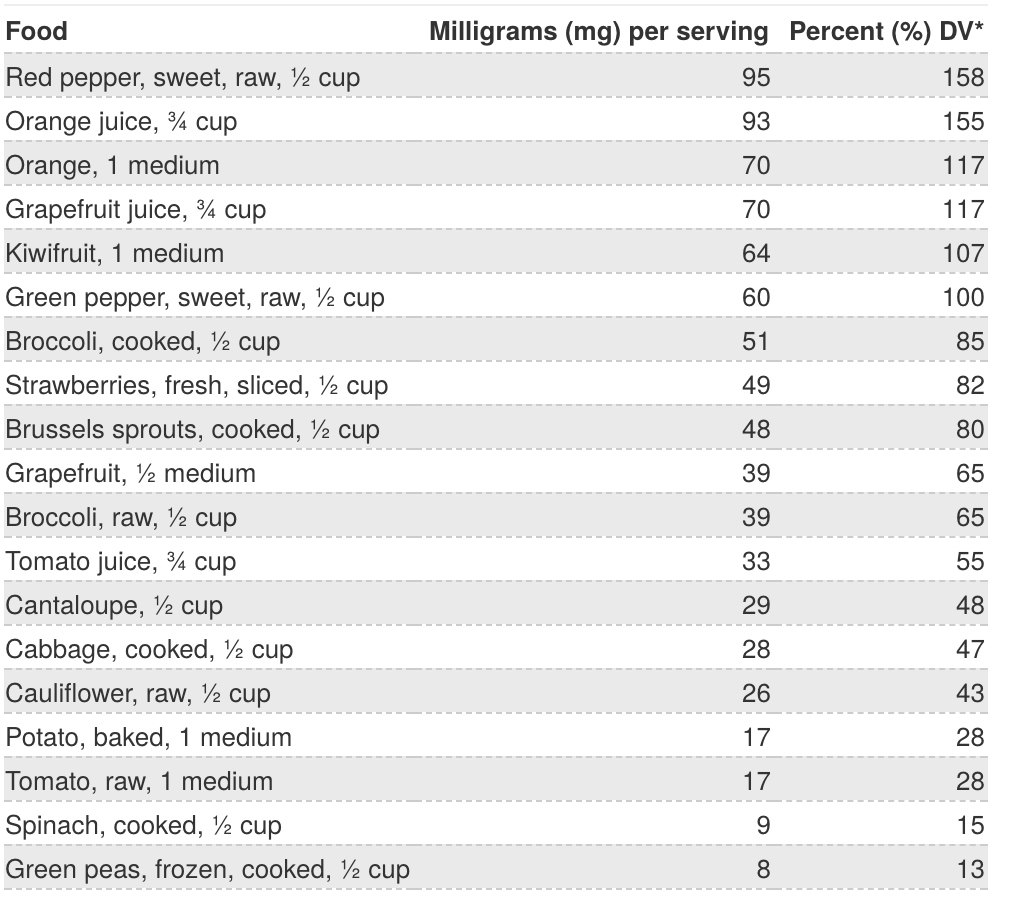
Source: USDA
Keep in mind that the vitamin C content of food may be reduced by prolonged storage and by cooking. Ascorbic acid is destroyed by heat. And since it’s water-soluble, boiling will reduce the vitamin C levels in your food.
Steaming or microwaving may help prevent losing too much vitamin C during cooking losses. But the best way to get vitamin C is by eating raw fruits and vegetables.
By eating the five recommended servings of fruits and vegetables a day, you should be able to get more than 200 mg of vitamin C. I aim for closer to 10 servings of fruits and veggies per day.
How To Supplement
Even if you eat your recommended servings of fruits and veggies, you should still consider supplementing with vitamin C if you train hard or play sports. Especially if you have a track record of getting sick when you push your body hard.
I remember getting sick regularly when I competed in Brazilian jiu-jitsu. Had I known what I’m about to share with you, I would’ve performed better, gotten fewer injuries and lost less time due to sickness.
But I digress…
Most supplements contain vitamin C in the form of ascorbic acid. This form has equivalent bioavailability to the naturally occurring ascorbic acid in foods such as orange juice and broccoli.
Other forms of vitamin C supplements include sodium ascorbate, calcium ascorbate, ascorbic acid with bioflavonoids and combination products such as Ester-C®.
How do you know which one is best? Fortunately we don’t have to guess…or even worse…rely on marketing from supplement companies, as there’s some good research on the subject.
A study published in the Journal of American Diatetic Association compared the absorption of three supplemental forms of vitamin C. The authors concluded that simple ascorbic acid is probably the best source of supplemental vitamin C. No fancy, expensive forms needed.
How Much Should I Take?
How much should you take if you’re already experiencing cold or flu symptoms? Since vitamin C is water-soluble, safe and inexpensive, I’d try the protocol I found in one study:
- Take 1 g vitamin C every hour for first 6 hours
- Then take 1 g vitamin C three times every day until symptoms subside
How much should you take to prevent sickness? I’d experiment with 1-3 g per day.
My Pick
I don’t have any strong opinions about vitamin C supplements after reading the research. Just look for a reputable company who’s offering a good price. Here’s the one I use:
- Bronson Non-GMO Vitamin C Powder. It’s cheap, non-GMO (if that matters to you) and has good reviews on Amazon.
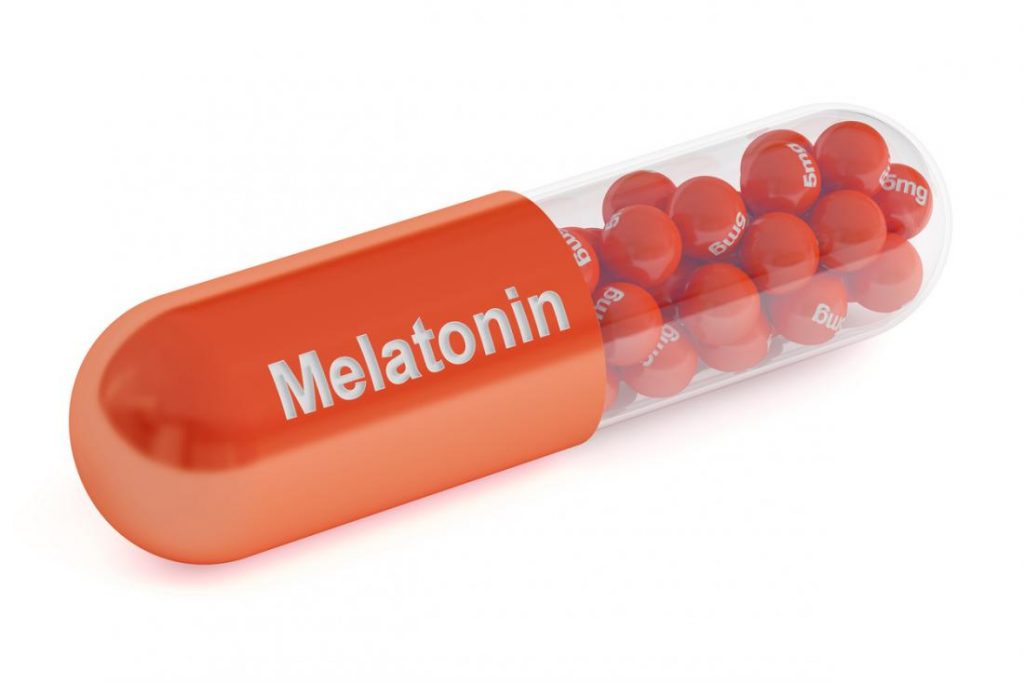
4. Melatonin
Melatonin is a hormone made by the pineal gland in your brain. While typically considered a brain hormone, it is also produced in your gut, bone marrow and other areas. It helps regulate the sleep-wake cycle, protects against inflammation and is a powerful antioxidant.
Research has found that melatonin has numerous effects on your immune system
Melatonin’s role as a sleep aid and antioxidant may be helpful during a cold. Sleep is critical to recovery and boosting your immune system. It can be hard to sleep when you’re not feeling well and Nyquil isn’t always the best option.
Besides the benefits I’ve already mentioned, melatonin also has antibacterial and antivirus properties. It’s been used successfully to treat premature infants suffering from severe respiratory distress syndrome and septic shock.
I always take melatonin whenever I have trouble sleeping. When I’m sick, I take melatonin every night until I recover.
Get It Naturally
You can optimize your natural production of melatonin by developing good sleep hygiene habits.
- Going to bed and waking up at similar times (helps set your biological clock)
- Avoiding blue light emanated from lamps, smart devices and TVs before bed (these are known to suppress natural melatonin production)
- Using blackout curtains in your bedroom and/or sleeping with a sleep mask (blocks ambient light from outside)
- Getting sunlight exposure in the morning (this helps set your “biological clock”)
While you should be practicing all these habits regularly, you should still consider occasional supplementation. Our natural melatonin levels decrease with age and let’s be honest…you’re not exactly perfect with your sleep hygiene are you?
How To Supplement
Melatonin supplementation is a bit controversial as many sleep experts feel that it is overused and that the doses of most supplements are too high. Other experts think that you can pop as many milligrams of melatonin as you want and there won’t be any downsides.
Although melatonin supplementation is not associated with negative feedback (when taking supplementation causes your body to produce less of a hormone), recent research suggests that your melatonin receptors may become less responsive if you take high supplemental doses.
That said, I think melatonin supplementation is crucial for people who suffer from chronic sleep issues like insomnia or frequent waking during the night. Melatonin has helped me improve my sleep quality—even with all the sleep hygiene practices I follow.
How Much Should I Take?
According to research conducted at MIT, the correct dosage of melatonin for it to be effective is 0.3 mg. That’s much less than the typical 1-3mg dosages found in most supplements. If you take too much, you can suffer side effects like headaches and melatonin may even stop working for you.
Since melatonin supplements don’t come in 0.3mg dosages, my suggestion is to get a good quality 1mg supplement and break it up into small pieces. That way you can approximate the 0.3mg dose and experiment to see what works for you.
My Pick
Here are two options:
- Source Naturals 1mg Sublingual Tablets. I’ve tried many melatonin supplements throughout the years and this is the one I keep coming back to.
- CherryFlex. Tart cherries are whole food source of melatonin and have been scientifically proven to aid in sleep and recovery from exercise. This is the supplement that I take now and I highly recommend you give it a try.

5. Black Elderberry Syrup
I started taking black elderberry syrup years ago. Why? Because, like other natural remedies, I heard from someone (who heard it from someone else) that it worked to fight off colds and the flu.
Although elderberry has been used for centuries, it turns out that there’s some research showing its effectiveness.
In a 2016 study published in the journal Nutrients found that an elderberry extract reduced the duration and severity of colds more than the placebo.
A 2014 systematic review published in the Journal of Dietary Supplements also found that elderberry was able to reduce the severity of flu symptoms.
Get It Naturally
This is one supplement you don’t want to get naturally. Elderberry is poisonous. The berries and stems contain a cyanide-like chemical. So stay away from raw elderberry and elderberry juice.
How To Supplement
Don’t have much to say here except that I recommend an elderberry syrup supplement.
How Much Should I Take?
Follow the directions for suggested use on the package.
My Pick
I only have one brand of elderberry syrup that I recommend
- Gaia Herbs Black Elderberry Syrup. One of my favorite and trusted companies. This syrup not only works but tastes decent as well.
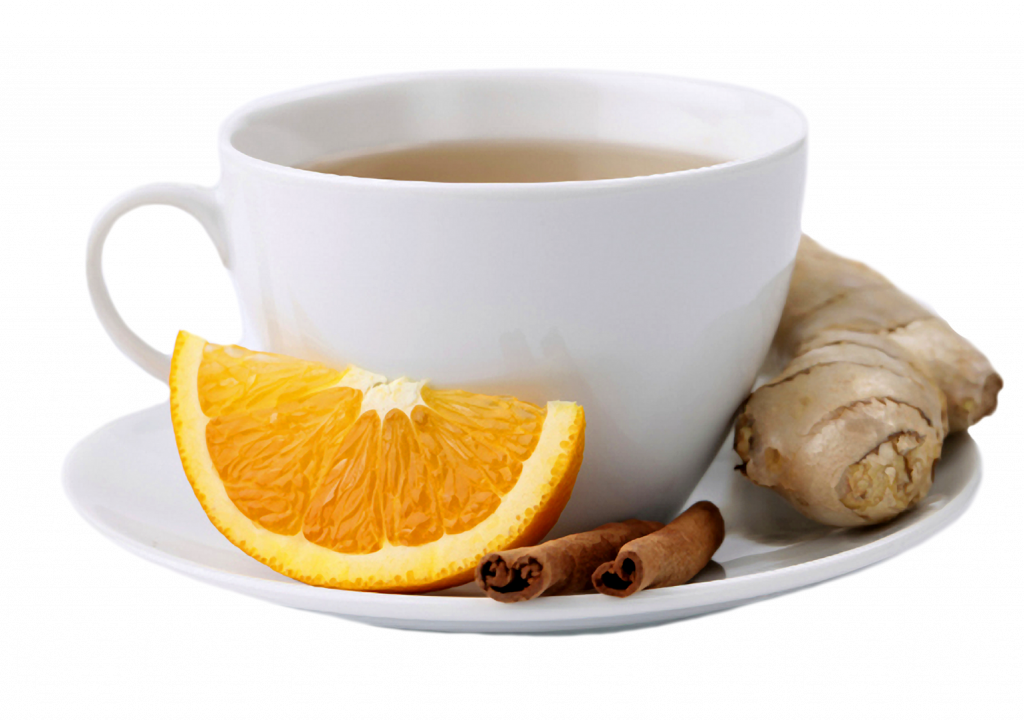
6. Drink Fresh Ginger Tea
Although this is an article about supplements, I wanted to throw in a couple of things that I do that don’t involve visiting your local supplement store or ordering on Amazon.
Fresh (but not dried) ginger is a potent anti-viral substance that blocks viruses from attaching to your upper respiratory mucosa.
But you have to drink it when you first start experiencing symptoms, otherwise it may not work very well. Another thing to consider is that fresh ginger works in a “dose-dependent” manner. That means you’ll have to drink it at the strength I suggest in the recipe below or it may not work for you. Some people will find this difficult because of the intensity of fresh ginger. However, your immune system will thank you if you can bring yourself to do it.
Directions:
- Juice (or finely grate) 1lb of ginger
- Place juice/gratings in a jar and keep it refrigerated.
- Place 2–4 ounces of ginger juice in a mug with the juice of one-half lemon and a large tablespoon of honey (honey is also anti-viral).
- Add 6 ounces of hot water and a sprinkle of cayenne pepper
- Drink 2–6 cups of this a day, sipping slowly throughout the day

7. Meditation
Meditation has numerous proven benefits from reducing stress to boosting brain power and preventing cognitive decline.
However, a 2012 study from the University of Wisconsin–Madison found that adults who practiced mindfulness meditation for eight weeks suffered less from seasonal ailments during the following winter than those who did not meditate.
Now that we’ve got the studies out of the way, I’ve been meditating almost every day for the past year using the Headspace app.
In fact, I’ve logged over 3000 minutes of meditation on that thing.
So when I got sick, I saw an opportunity to test out meditation’s effects on my flu.
Actually, I was feeling really, really bad. I was taking all the supplements here in addition to drinking ginger tea and eating as many vegetables as I could stomach. But I still felt like I was getting worse.
I had a brutal headache on the left side of my head, my left eye was bloodshot and streaming tears and my nose was seriously stuffed up.
And then I decided to do a 30-minute meditation.
After the 30-minutes, my symptoms went from severe to mild. And I felt more relaxed. I thought I was going to have an issue sleeping that night. But the meditation dialed back the symptoms enough and made it much easier to sleep.
I’ll eventually write an entire article dedicated to meditation and my experience with it. In the meantime, it’s something you should absolutely try. It’s a rare thing when an ancient health practice lives up to its hype.
Which Meditation App Should I Try?
I’ve been using the Headspace App.
Being sick, even when you’re home in bed, isn’t fun. The combination of body aches, fever, chills, and nasal congestion can be enough to make anyone miserable. I hope this article helped you understand that natural remedies can help relieve your symptoms and recover faster than antiviral drug and vaccines.
But, if you still feel sick after a few weeks, make an appointment with your doctor.





